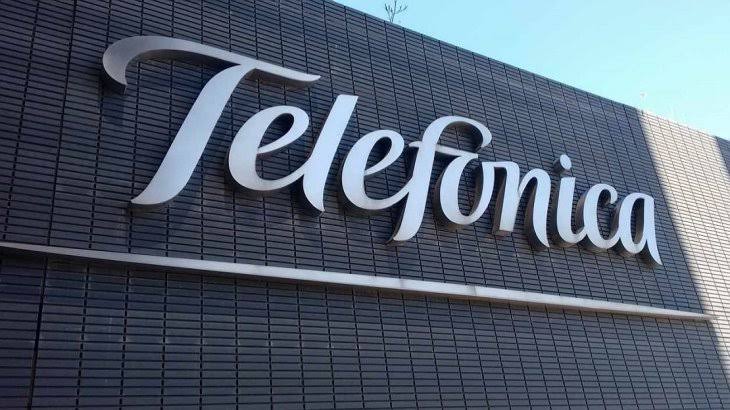Telefónica, a telecom firm, made Bitcoin, Ether, and other cryptocurrencies usable for payments on its online market Tu.

Spain continues to experience significant changes in its local blockchain environment as its top telecom services provider delves deeper into Web3 technology, as crypto usage advances in other parts of the world.
Telefónica, a multinational telecommunications firm with headquarters in Madrid, Spain, has made it possible for customers to pay with cryptocurrencies like Bitcoin (BTC), Ethereum (ETH), Litecoin (LTC), USD Coin (USDC), and many others on its online digital marketplace called Tu.

The business integrated a cryptocurrency payment option offered by the Spanish cryptocurrency exchange Bit2Me to accept cryptocurrency in exchange for its IT products. During the Telefónica Metaverse Day celebration, the exchange teased the merger.
The telecom business recently announced a partnership with the software firm Qualcomm Technologies to improve its extended reality (XR) ecosystem and bring the Metaverse to life, in addition to integrating cryptocurrency into its online store.
Telefónica executive Daniel Hernández claims that his company worked with Qualcomm to develop the infrastructure for the future. This is done to stay abreast of changes so they can offer their clients cutting-edge services.
The company has experimented with nonfungible tokens in addition to its work integrating cryptocurrency and creating the Metaverse (NFTs). The company created and released its own NFT marketplace that is connected with the Metamask cryptocurrency wallet.

The use of blockchain technology is not new to Telefónica. The company revealed a program to support blockchain and artificial intelligence (AI) businesses in 2019.
Telefónica worked with Deutsche Telekom and the British carrier Vodafone in 2020 in order to test a blockchain system for settling roaming discount agreements. The blockchain-based solution was anticipated to save costs for the telcos and improve workflows for settlement of business-to-business transactions.